We can’t forget that not all young people are the same, and this is particularly true when it comes to attitudes and values of around drugs. Even when it comes to alcohol use, young people are not one homogenous group. When I talk to groups of teenagers I usually divide them into three key categories, two of which we rarely acknowledge. The first is the loudest and the most obvious: those young people who drink to excess. There is much debate as to whether this group is growing – I don’t believe it is, although it is quite clear that heavy drinking teenagers are consuming at much riskier levels and at a younger age.
The next group comprises the ones who drink responsibly. They don’t drink regularly and when they do they usually consume a small amount. This does not mean there are no risks involved in their drinking behaviour, but we do need to acknowledge that these young people are trying to do ‘the right thing’.
Finally we have the abstainers. An interesting fact, rarely discussed, is that 20-25 per cent of Australian school-based sixteen- and seventeen-year-olds describe themselves as non-drinkers. We never speak about these young people and their decision; in fact, we completely ignore them, making them feel even more alienated from their peer group then they do already.
We need to acknowledge that many young people will drink alcohol at some time during their adolescence, and some may experiment with one or more illegal drugs. As a parent, you need to let your child know where you stand in regard to alcohol and drinking behaviour, and the use of illegal drugs. Letting your teenager know how you feel about the sensitive topics, and explaining your viewpoints clearly and without passing judgement, is not only going to assist them to develop positive values but will also strengthen your relationship with your child.
Writer Paul Dillon, Generation Next speaker and drug and alcohol expert. Excerpt from “Teenagers, Alcohol and Drugs”. Editor Dr Ramesh Manocha.


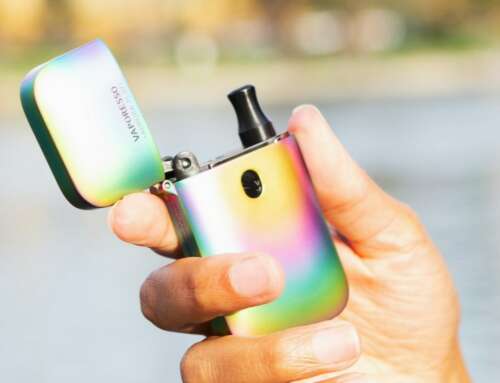
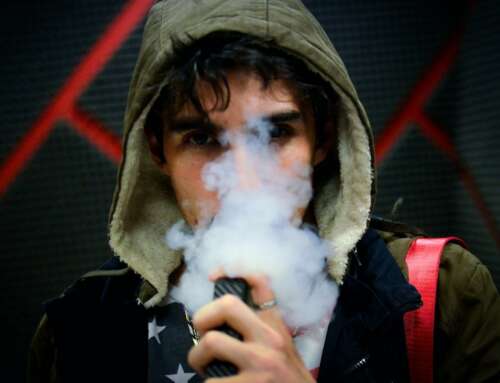
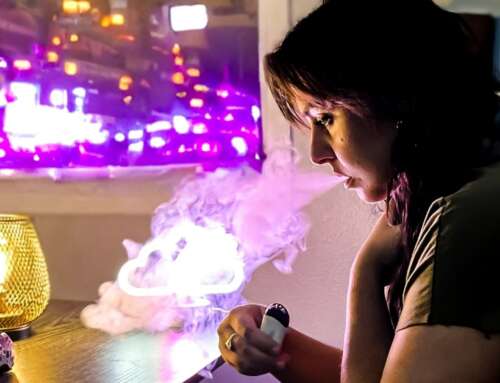
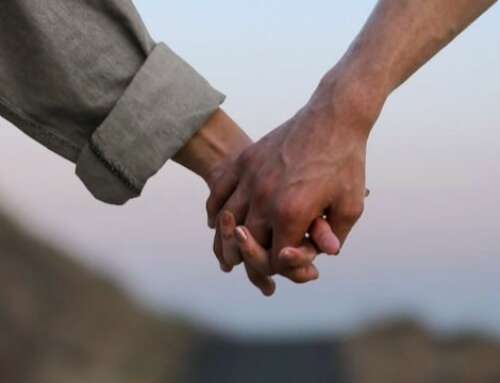
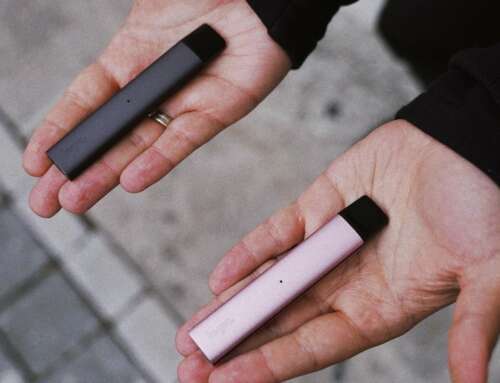
Leave A Comment